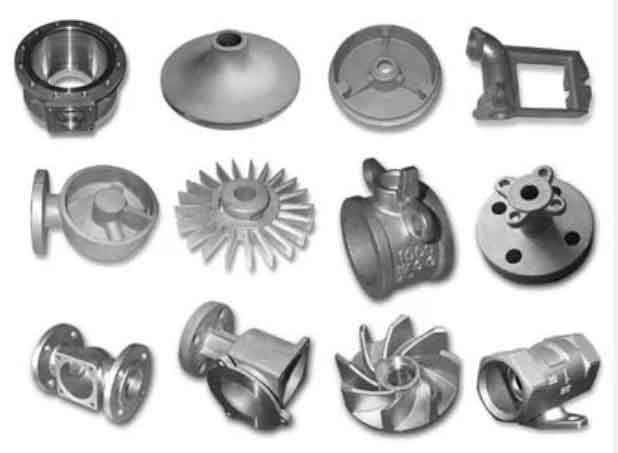
Ductile iron casting exhibits excellent mechanical properties, including strength, toughness, and more. These properties contribute to its widespread use in various industrial applications. Let’s explore some of the key mechanical properties of ductile iron casting:
1. Tensile Strength:
Ductile iron has high tensile strength, which refers to its ability to resist pulling forces without breaking. The tensile strength of ductile iron can range from 400 to 600 MPa or higher, depending on the specific grade and heat treatment. This high tensile strength makes ductile iron suitable for applications that require components to withstand significant loads or forces.
2. Yield Strength:
Yield strength is the point at which the material begins to deform plastically under stress. Ductile iron typically has a higher yield strength compared to other cast iron types. This property ensures that ductile iron can endure stress and deformation without experiencing permanent damage or failure.
3. Ductility:
Ductility refers to a material’s ability to deform under tensile stress without breaking. Ductile iron derives its name from its notable ductility. It exhibits a significant elongation before fracture, allowing for deformation and absorption of energy. This property makes ductile iron resistant to sudden and catastrophic failure, making it suitable for applications that require toughness and impact resistance.
4. Toughness:
Ductile iron possesses exceptional toughness, which is the ability of a material to absorb energy and resist fracture. Its microstructure consists of graphite nodules within a matrix of ferrite and pearlite, which helps to dampen stress concentrations and prevent crack propagation. This results in a material with high resistance to impact and fatigue failure, making ductile iron suitable for applications subjected to dynamic and cyclic loading.
5. Hardness:
Ductile iron exhibits a range of hardness levels, typically falling between 150 and 250 HB (Brinell hardness). The hardness of ductile iron can be controlled through heat treatment processes to achieve the desired balance between strength, toughness, and machinability.
6. Wear Resistance:
Ductile iron possesses good wear resistance, making it suitable for applications where components are subjected to abrasive conditions. The graphite nodules in ductile iron act as solid lubricants, reducing friction and minimizing wear.
7. Machinability:
Ductile iron has good machinability compared to other cast iron types. It can be easily machined using conventional cutting tools and techniques, enabling the production of complex components with tight tolerances. The machinability of ductile iron contributes to efficient manufacturing processes and cost-effective production.
These mechanical properties of ductile iron casting make it a versatile material for various applications. Its combination of strength, toughness, ductility, wear resistance, and machinability allows for the production of reliable and durable components that can withstand demanding operating conditions in industries such as automotive, machinery, construction, and more.
